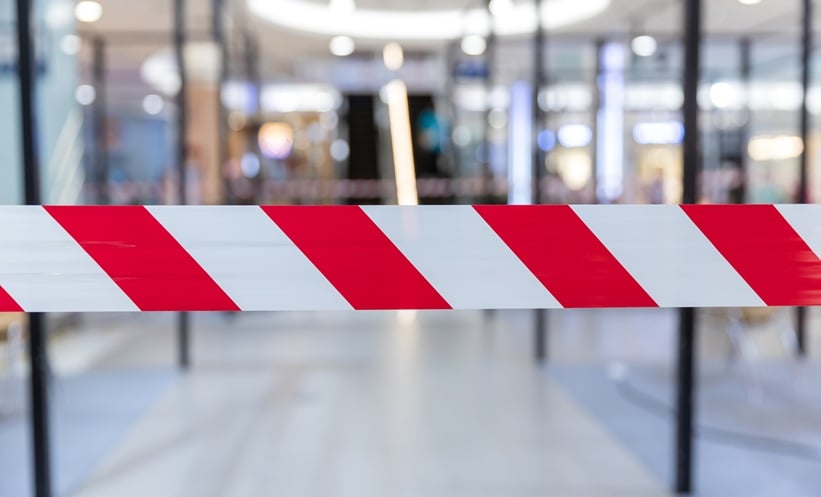CLINICAL cancer research across the Asia-Pacific region faces substantial barriers, with competing demands, lack of funding, and limited infrastructure emerging as the most significant obstacles, according to a large cross-sectional survey of healthcare professionals. Despite the region’s heavy cancer burden, disparities in access to trials continue to affect both patients and clinicians.
The survey, conducted between May and July 2022, gathered responses from 300 oncology-related healthcare professionals across 21 Asia-Pacific countries and regions. Respondents provided details on their demographics, affiliations, years of training, and involvement with research, as well as their perspectives on international cancer societies. Findings were stratified by country income level using World Bank classifications.
Across the region, the most commonly cited barriers included competing professional demands (88.5%), lack of financial support (85.9%), and limited patient access to healthcare services (75.3%). In addition, inadequate research environments and infrastructure (72.2%) and insufficient staff expertise (68.1%) were reported as significant challenges.
Differences between high-income and lower-middle-income countries were notable. Respondents from lower-resource settings highlighted greater challenges around financial support, infrastructure, staff expertise, and patient access. These disparities underscore the uneven distribution of research capacity and trial opportunities within the region.
The authors conclude that these findings highlight the need for targeted strategies to address specific obstacles in different healthcare systems. By strengthening infrastructure, increasing financial support, and investing in workforce development, stakeholders may improve both the conduct of clinical trials and patient access to innovative cancer care in the Asia-Pacific.
Reference: Lui RN et al. Understanding Barriers to Clinical Cancer Research in the Asia-Pacific. JCO Glob Oncol. 2025:11:e2500145.








